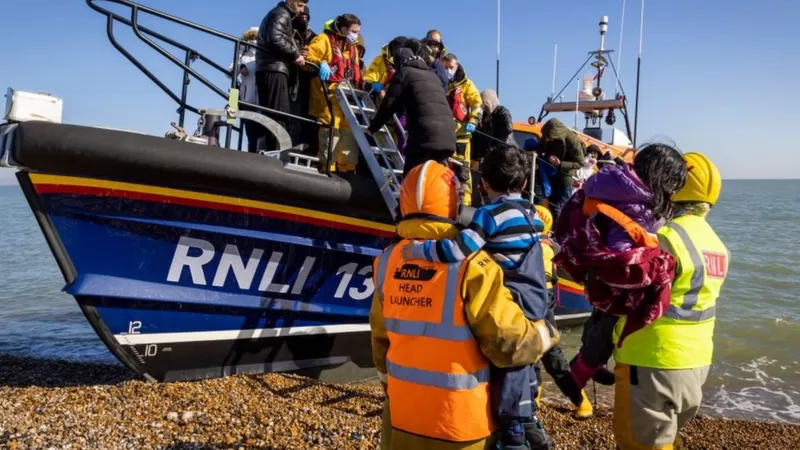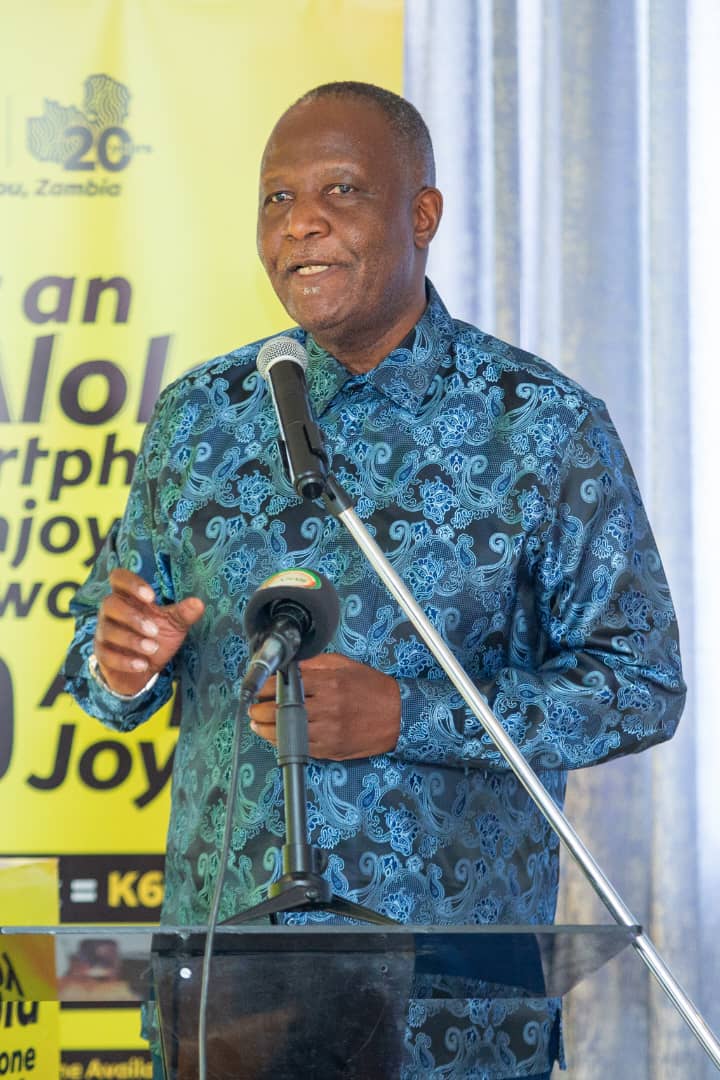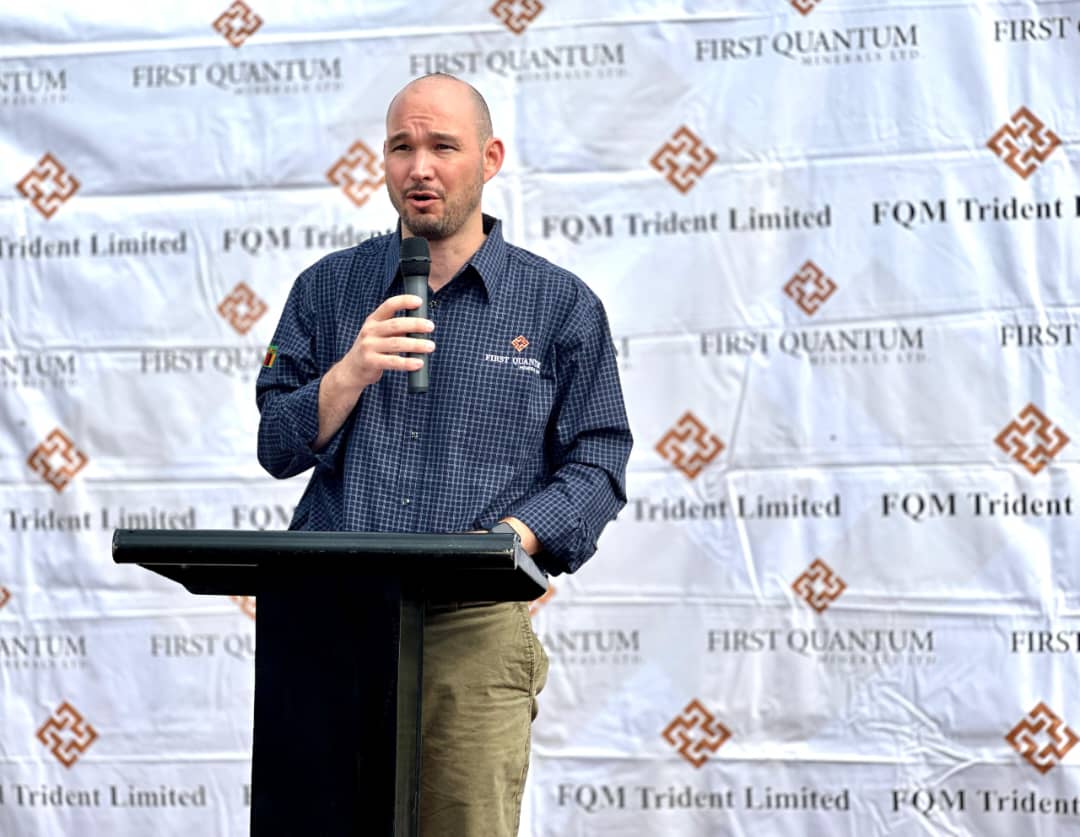Channel migrants will be removed from the UK, banned from future re-entry and unable to apply for British citizenship under new legislation.
The slew of proposed measures will apply to anyone arriving on UK shores in a small boat.
Further details are expected to be announced by the government on Tuesday.
The Refugee Council has criticised the plans and says thousands of people will be left “permanently in limbo” as a result.
PM Rishi Sunak, who has made “stopping the boats” one of his top priorities, told the Mail on Sunday: “Make no mistake, if you come here illegally, you will not be able to stay.”
The new legislation would place a duty on the home secretary to remove anyone arriving on a small boat to Rwanda or a “safe” third country “as soon as reasonably practicable” and ban them from returning permanently.
Currently, asylum seekers coming to the UK have the right to seek protection under the UN’s Refugee Convention and the European Convention on Human Rights.
But the Mail on Sunday says a clause in the Illegal Migration Bill is expected to apply a “rights brake” to effectively allow the conventions to be circumvented.
The government has long been trying to tackle the rise in numbers of asylum seekers making the dangerous crossing from France to the UK.
However it is not clear how exactly the government is proposing to limit the rights of asylum seekers.
Nor is the pledge to deport asylum seekers straightforward.
Despite a deal being reached last year, not one migrant has been sent to Rwanda yet and any plans to do so are currently on hold. There is also no returns agreement in place with the EU.
The Rwanda plan has yet to get under way after it was met with fierce opposition from campaigners and legal interventions.
However, in December the High Court ruled the scheme did not breach the UN’s Refugee Convention. That decision is facing further challenges in the courts, with a preliminary hearing expected on Monday at the Court of Appeal.
The Refugee Council has accused ministers of shattering the UK’s long-standing commitment under the UN Convention to give people a fair hearing regardless of how they get to the UK.
The group’s CEO Enver Solomon said the “flawed” legislation would not stop the boats but result in tens of thousands of people locked up in detention at huge cost, permanently in limbo and treated as criminals simply for seeking refuge.
“It’s unworkable, costly and won’t stop the boats,” he said.
Home Secretary Suella Braverman, who will introduce the new laws, told the Sun on Sunday “the only route to the UK will be a safe and legal route”.
The Home Office says there are a number of “safe and legal” routes to the UK. However, some are only available to people from specific countries such as Afghanistan and Ukraine, or for British National status holders in Hong Kong.
Other asylum routes only accept a limited number of refugees according to precise criteria.
The government’s Northern Ireland Secretary Chris Heaton-Harris told the BBC’s Sunday with Laura Kuenssberg programme the new legislation would only form one part of the UK’s response, adding: “We need a full range of things in our arsenal to try and stop both people trafficking and illegal migration across the Channel.”
Lord Blunkett, Labour’s home secretary from 2001-4, said any new migration policy needed France’s backing – and that the government knew it would not get it.
Speaking to BBC Radio 4’s Broadcasting House show, he said: “They know they can’t do it before the election even if it would work, and it won’t.
“They’re doing it in order to put the Labour party on the spot, provide a message after 13 years that they’re going to get a grip of a problem of their own making.”
The Lib Dems called the plans “immoral, ineffective and incredibly costly for taxpayers while doing nothing to stop small boat crossings”.
Freedom from Torture, a charity which provides therapy to asylum seekers, called them “vindictive and dysfunctional”.
The government has previously said the Rwanda plan would discourage others from crossing the English Channel but so far there is no evidence that has happened.
In 2022, 45,755 migrants crossed the Channel to Britain, according to government figures collated by the BBC.
That is the highest number since the first records in 2018.
Latest Home Office figures show 2,950 migrants have crossed the Channel already this year, coming from a range of countries including Albania, Iran, Iraq, Afghanistan and Syria.








